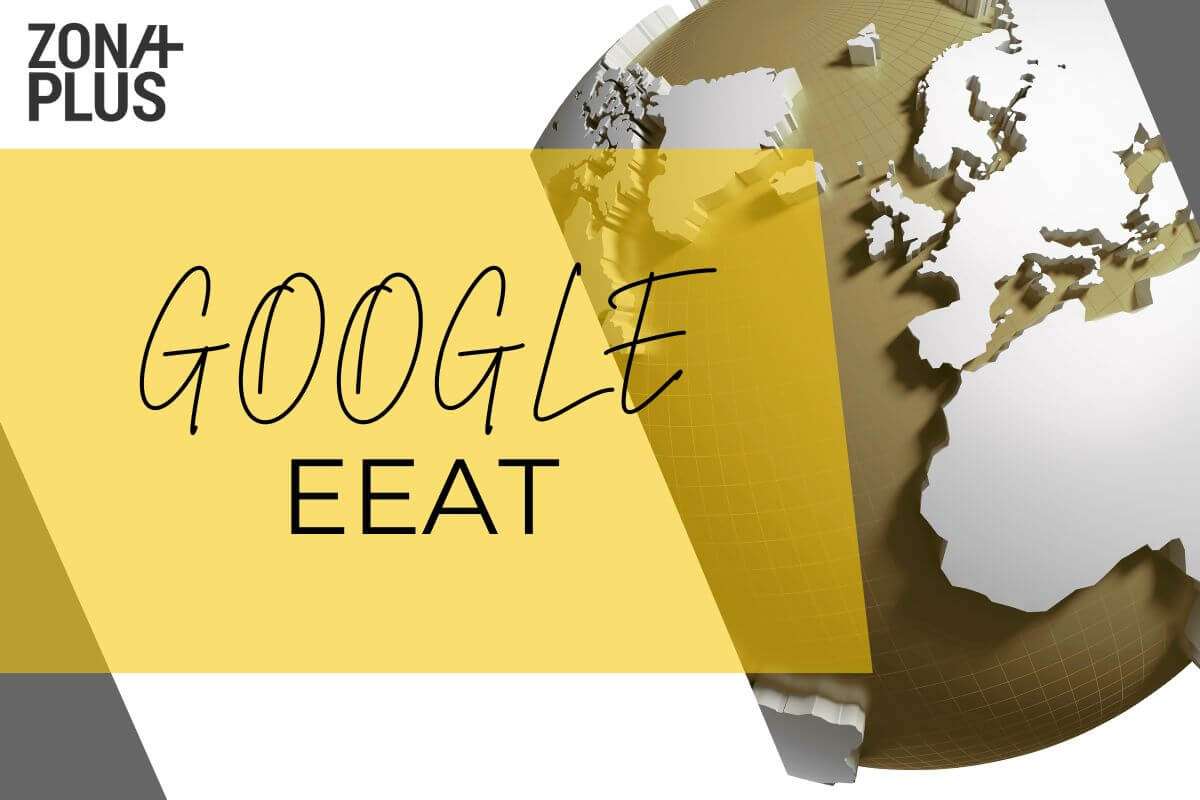
What is this Google E-E-A-T? Why should you care? Or even better – how does it benefit you? It’s an actual framework Google uses to assess the quality of web content. So, your content as well.
Now, what does Google E-E-A-T mean for you?
If your website (we really do hope you have one) aligns with E-E-A-T, it’s more likely to rank higher in search results.
Google will see it as reliable and valuable for users.
The main thing here is not to put all your focus just on the usual - content volume or keywords.
Your website's information must be accurate, insightful, and credible.
E-E-A-T stands for Experience, Expertise, Authoritativeness, and Trustworthiness. It applies particularly to industries where incorrect or misleading information can cause harm, such as websites covering health, finance, or legal topics.
From Googe’s point of view these websites in particular, must present well-researched, expert-driven content.
What does it mean if you ignore E-E-A-T? As a result, you’ll get poor search rankings, even if your content is otherwise strong.

Let’s break down Experience, Expertise, Authoritativeness, and Trustworthiness to see how these elements really affect search rankings.
Google prioritizes E-E-A-T in rankings because it wants to provide the most reliable information to users – as that’s its main purpose.
Websites that meet this Google criteria are seen as more trustworthy and authoritative, making them more likely to appear at the top of search results. This is especially important for YMYL (Your Money or Your Life) content, which includes topics like finance, health, and legal advice.
Some websites, such as WebMD or Harvard Health Publishing, consistently demonstrate E-E-A-T principles, which is why they rank highly for competitive search terms in their industries.

E-E-A-T is far from just marketing slang in SEO.
It’s the main part of how Google evaluates and ranks websites.
SEO strategies that focus solely on keywords and backlinks without addressing content quality and trustworthiness will fall short, especially in today’s search environment.
E-E-A-T demands that websites focus on long-term content quality, not quick SEO tricks.
Websites such as HubSpot or Moz prioritize both user experience and Google’s need for expert, trustworthy content. They are a go-to source for marketing and sales content, thanks to consistently publishing in-depth, expert-driven articles and authoritative content on SEO. Both are often linked by others, making them high-authority sites in the industry.
Experience is where credibility begins.
If your website demonstrates personal, real-world knowledge, it will stand out. Experience-driven content is more likely to resonate with users because it shows the creator/copywriter has personally dealt with the subject.
This is particularly true for product reviews, tutorials, and case studies that show hands-on experience that adds a layer of authenticity and trust to content, such as:

Showing your expert knowledge involves providing actual, tangible proof that you’ve worked with the subject matter.
Whether it’s sharing process photos, detailed steps, or offering information based on personal encounters, the content must feel grounded in reality.
Your content has to offer more than just information; it has to present proof of experience, making it more valuable to users.
So, if you have, for example, a DIY blog, you must offer before-and-after photos.
For a fitness website that includes personal progress photos or results from clients.
As a technology blogger you’ll have to provide screenshots of software in use or highlight actual product performance metrics.
User-generated content such as comments, testimonials, and case studies are strong indicators of experience and credibility. These show that your audience is engaging with your content and that real people value and trust your info.
Websites that encourage and display user-generated content tend to build trust more than others and also signal to Google that the content is valuable, such as:

Writing content that feels "lived" and rings true means that you have to/can blend professional knowledge with personal experiences.
This makes your content not just informative but also relatable to your audience.
Sharing lessons learned, challenges faced, and personal victories makes your content resonate on a deeper level.
If you want to integrate personal experience with expertise and elevate the authority of your content, you can do the following:
Then, you’ll consistently have to deliver content that proves your knowledge in your field. Expertise requires more than surface-level information—it demands depth, research, and professional insight.
You can achieve this through content that demonstrates your knowledge and authority in your respective field, such as:
Of course, building expertise takes time and effort.
To establish yourself and grow your reputation, regularly publish your content, participate in industry events, and collaborate with other experts.
Whatever you do, try to offer unique information or original research that will position you as an expert.
This is the way to upgrade your E-E-A-T, i.e. help build your credibility and demonstrate your expertise to both users and Google.